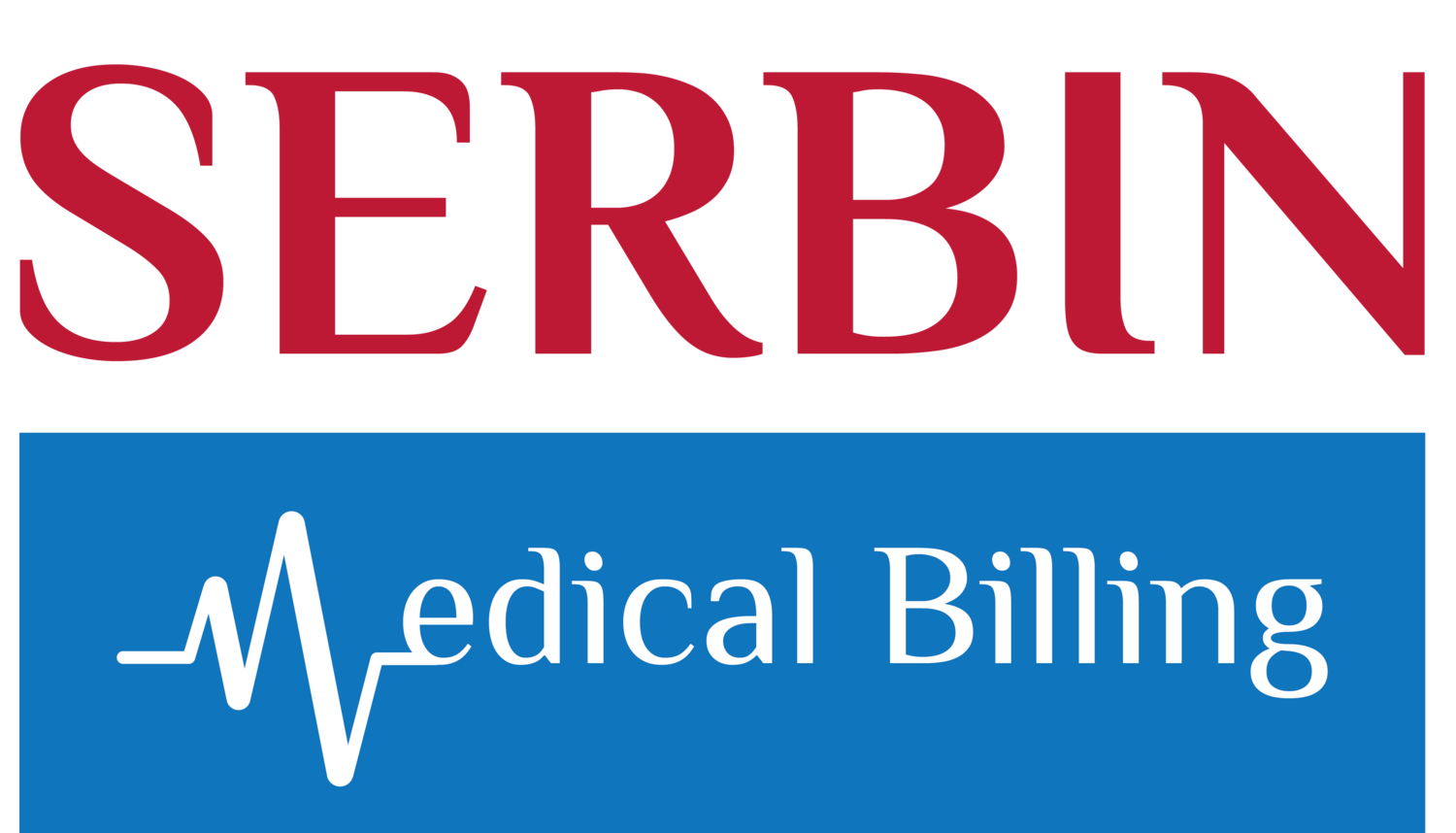Overview of ASC Financial Policies
The business office is the financial hub of the surgery center. Business office employees are responsible for the billing and collection of the appropriate reimbursement due to your facility. Proper guidance to accomplish these goals is provided by developing and following appropriate financial policies which have been approved by the ASC's governing body.
The following financial policies should be in place, including provision of specific procedures on how to follow them:
Policy: Pre-certification and/or pre-verification of insurance coverage must be completed for all applicable patients prior to financial counseling.
Policy: All patients must have financial counseling, either during a pre-procedure visit or by telephone, or on the date of procedure. At that time, the patient should confirm the insurance information obtained. The patient is also instructed as to what their financial responsibility will be and how much money, if any, must be paid at the time of service.
Policy: At the time of patient registration on the day of surgery, collection of co-pays, deductibles and co-insurance amounts is accomplished by the patient financial counselor or designee. If the patient is unable to pay full amount, a pre-determined payment plan may be offered.
Policy: Self-pay or cosmetic patients must pay amount due in full on day of the procedure.
Policy: Certain discounts may be determined, or a payment plan put in place, according to facility policies adopted by the governing body.
Policy: When the patient is admitted, they will sign forms agreeing to their financial responsibility. They may also sign their agreement to certain arrangements that have been made (e.g., a promissory note if required payment is not made at the time of service).
Policy: Patient accounts are classified according to their third-party payor or responsible party. The uniform classification (patient classification) of accounts is as follows:
- Commercial insurance
- Medicare
- Medicaid or state-financed assistance
- Workers' compensation
- HMO/PPO
- Self-pay
- Liability (auto/litigation/lien)
- Out-of-network
- Other financial class (e.g., charitable consideration, secondary insurance)
After the above listed suggested financial policies have been established, business office personnel should be educated in the necessary procedures. Adherence to these policies should be routinely audited by the facility's compliance officer.
Catch up on previous tips here. Never miss a new tip by following Serbin Medical Billing's LinkedIn page.

